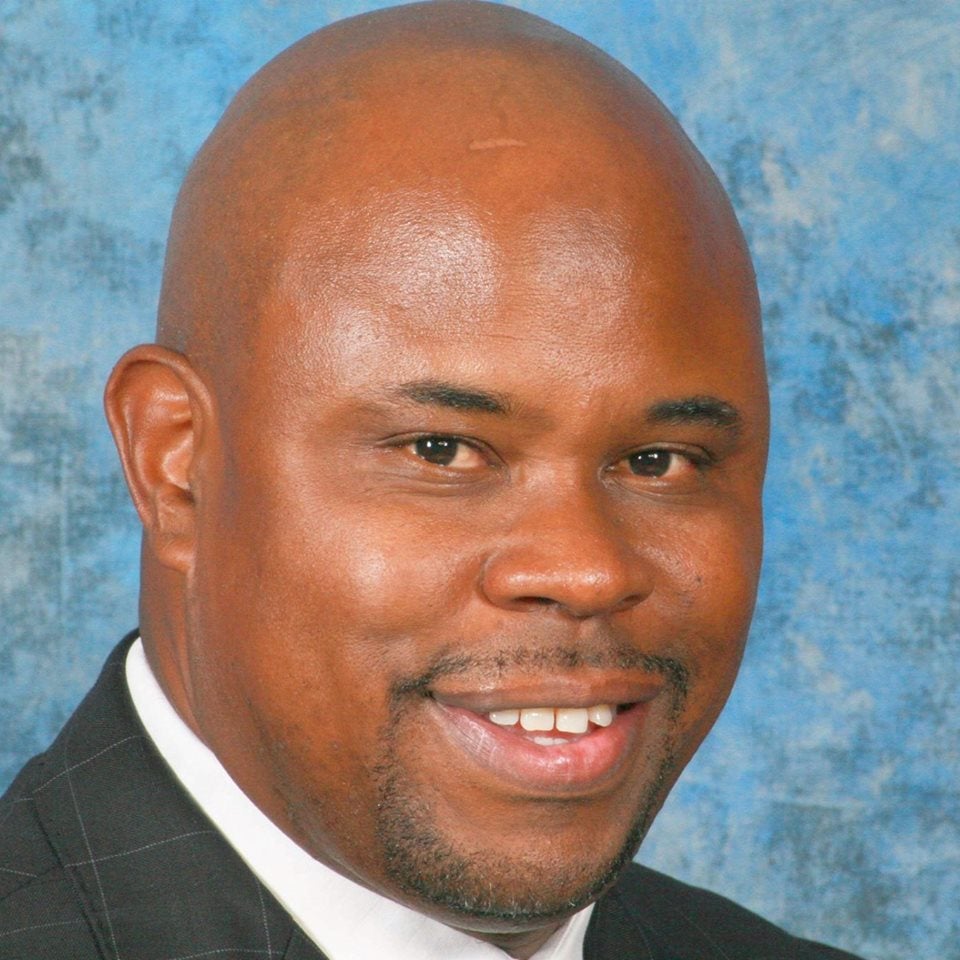Rebuilding social ethics
Published 6:54 am Saturday, January 20, 2018
By Demetrius Moffett
Anyone who’s been in a leadership position has had to wrestle with conflict resolution. Some conflicts are easy to resolve. Others are complex and terribly time consuming.
Unfortunately, some are unsolvable.
Nevertheless, we should face all disagreements squarely and courageously, because internal conflicts must be resolved whenever possible. If they’re not, communities will dissolve, families will fall into chaos, and marriages will die. We can scratch our heads and wonder how such terrible things could happen in our country, counties and communities.
The fact of the matter is there is no perfect group of people, no perfect family, no perfect church, no perfect organization.
We are still prone to selfishness, and have to be careful not to fall into the temptations dangling in our faces. Amazingly, many folks really are looking for perfection in our communities and expecting our churches to be perfect. Let’s be clear, it’s God’s will that our internal problems be minimal. But when they arrive, God expects us to solve them. He has given us the resources to overcome the attempts to destroy human relationships.
We must not ignore internal conflict, it does not heal itself.
Morale may have hit rock bottom, and we may start to see signs of personal fatigue and discouragement. There may be times when we want to give up because the pressures get so great it seems impossible to go on.
It’s during these times that the true nature of the power of our character shows up. This is when we must properly handle the negative emotions caused by internal conflict or they will aggravate the issues at hand.
In spite of anger, its best to back off, get control of ourself, and do some very careful and serious conflict resolutional thinking.
We may have to established some emotional distance from the problem to gain a proper perspective We need to allow time to clear away some of the emotional fog that interferes with objective thinking.
We need to beware of displaying anger in a public setting since there is no quicker way to lose respect.
In solving conflicts among people, we must lead by example.
Our consistent model of integrity forms the foundation for effective exhortation and confrontation. People are more apt to receive us when we have a track record of compassion and selfless concern for others.
We can be successful in handling an intense and very difficult situation when we exemplified with our own life what we asked others to do.




